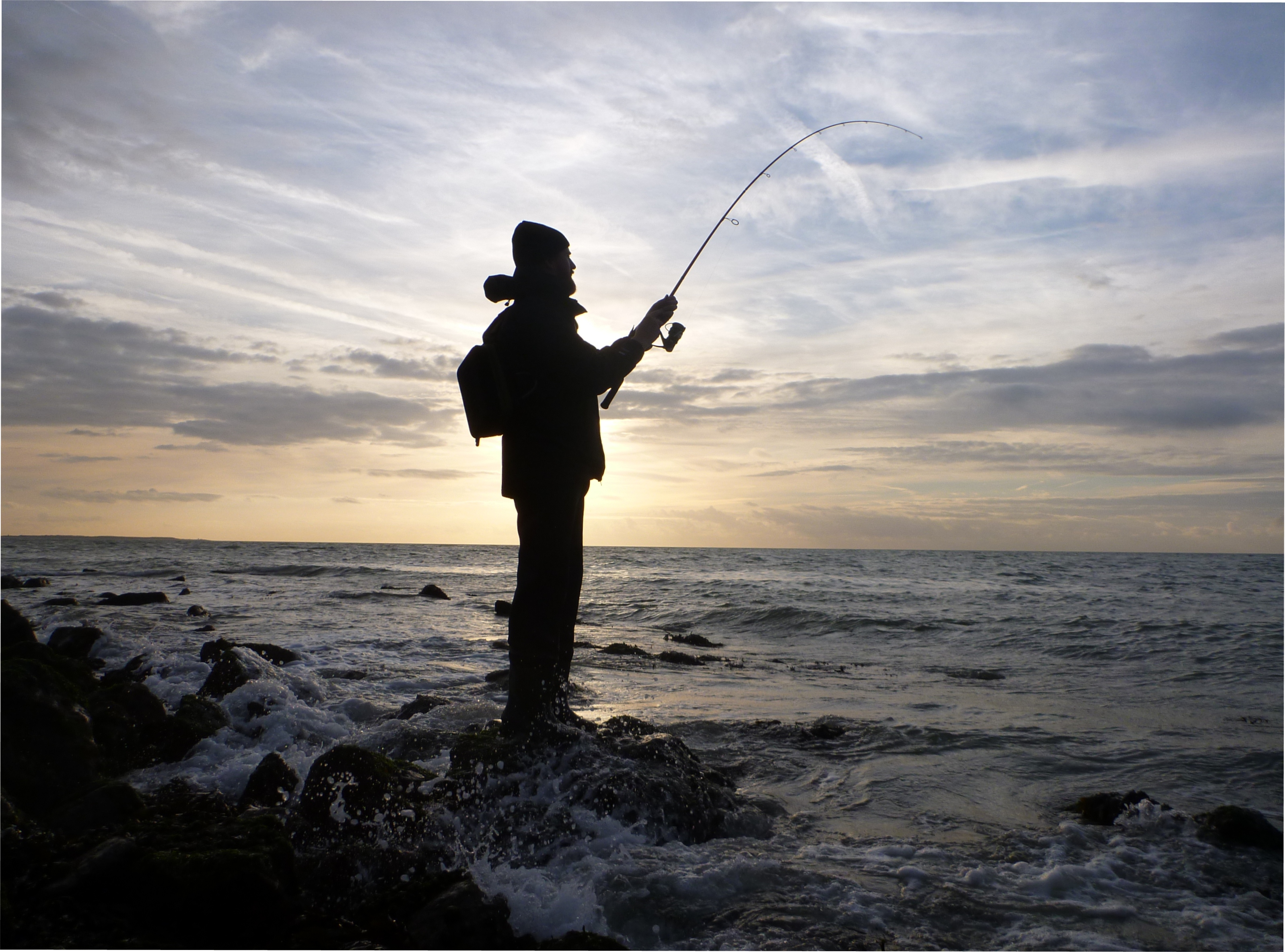What is recreational fishing?
Recreational fishing is fishing, which is not deemed to be commercial fishing.
 Recreational angling is one form of recreational fishing. According to the paper published by the EAA in 2004 (also available in French), angling can be defined as line fishing using the hooking method. As angling can be both commercial and non-commercial, recreational angling can be defined as the activity of catching or attempting to catch fish, principally by rod and line, pole or hand-held line for non-commercial purposes. According to the EAA definition and EU legislation (Article 55(2); Council Regulation (EC) No 1224/2009 of 20 November 2009), recreational fishermen and recreational anglers do not sell the fish they catch.
Recreational angling is one form of recreational fishing. According to the paper published by the EAA in 2004 (also available in French), angling can be defined as line fishing using the hooking method. As angling can be both commercial and non-commercial, recreational angling can be defined as the activity of catching or attempting to catch fish, principally by rod and line, pole or hand-held line for non-commercial purposes. According to the EAA definition and EU legislation (Article 55(2); Council Regulation (EC) No 1224/2009 of 20 November 2009), recreational fishermen and recreational anglers do not sell the fish they catch.
The term “recreational angling sector” means anglers, tackle shops and tackle manufacturers, bait suppliers, charter-boating, recreational boat builders and handlery suppliers, marina operators and specialised angling media, angling tourism and other related business and organisations as well as the whole management environment (e.g. public agencies) to varying degrees dependant on or directed at recreational angling.
Recreational angling is a very sustainable kind of fishing compared to other kinds of fishing, commercial as well as recreational, thanks to the low-impact, highly selective catching gear used and the high survival rate of the fish released-. In many countries recreational fishing generates more value than does commercial fishing. Within the recreational fishing sector the recreational angling segment contributes by far the most to the sector’s total socio-economic value.